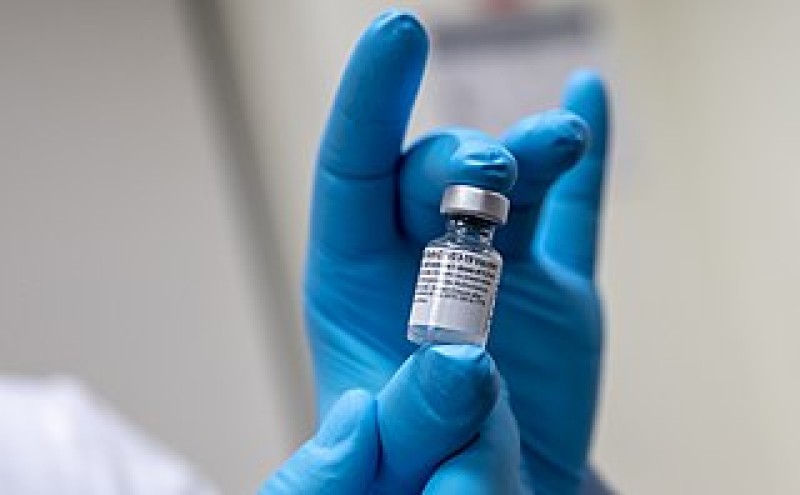The local Health Secretary reported receiving reports about illicit sales of the Moderna TX vaccine advertised on social media platforms, according to Saturday’s statement from the Federal Commission for Protection Against Sanitary Risks.
The Mexican government has approved use of the Pfizer–BioNTech and Oxford-AstraZeneca vaccines, but have not yet given Moderna the greenlight.
So far, authorities have also not authorized any private companies to purchase vaccines abroad and urged the public to report any illicit sales of the immunizations.
“Any vaccine against COVID-19 that is advertised for sale on sites, social networks, pharmacies, hospitals and points of sale in Mexico constitutes a health risk because it is of doubtful origin,” said Mexico’s Health Office.
The authorities also reminded citizens that the COVID-19 vaccine is free from authorized providers.
Last week, the chief of Mexico’s National Private Security Council, Raul Sapien Santos, warned that criminal organizations are already advertising online fake vaccination campaigns and counterfeit vaccines.
Sapien Santos told a news agency that the Council has detected more than 400 fake websites that advertise COVID-19 vaccines. He said that these false domains also offer medical equipment for sales, such as masks, rapid tests and oxygen.
Interpol issued a global alert to law enforcement last December warning of the potential falsification, theft, and illegal advertising of COVID-19 and flu vaccines.
“Criminal networks will also be targeting unsuspecting members of the public via fake websites and false cures, which could pose a significant risk to their health, even their lives,” said Interpol's Secretary General, Jürgen Stock.
Interpol also reported a rise in COVID-related fraud. Last year its Cyber Security Unit revealed that, of 3,000 websites associated with online pharmacies suspected of selling illicit medicines and medical devices, around 1,700 contained cyber threats.






